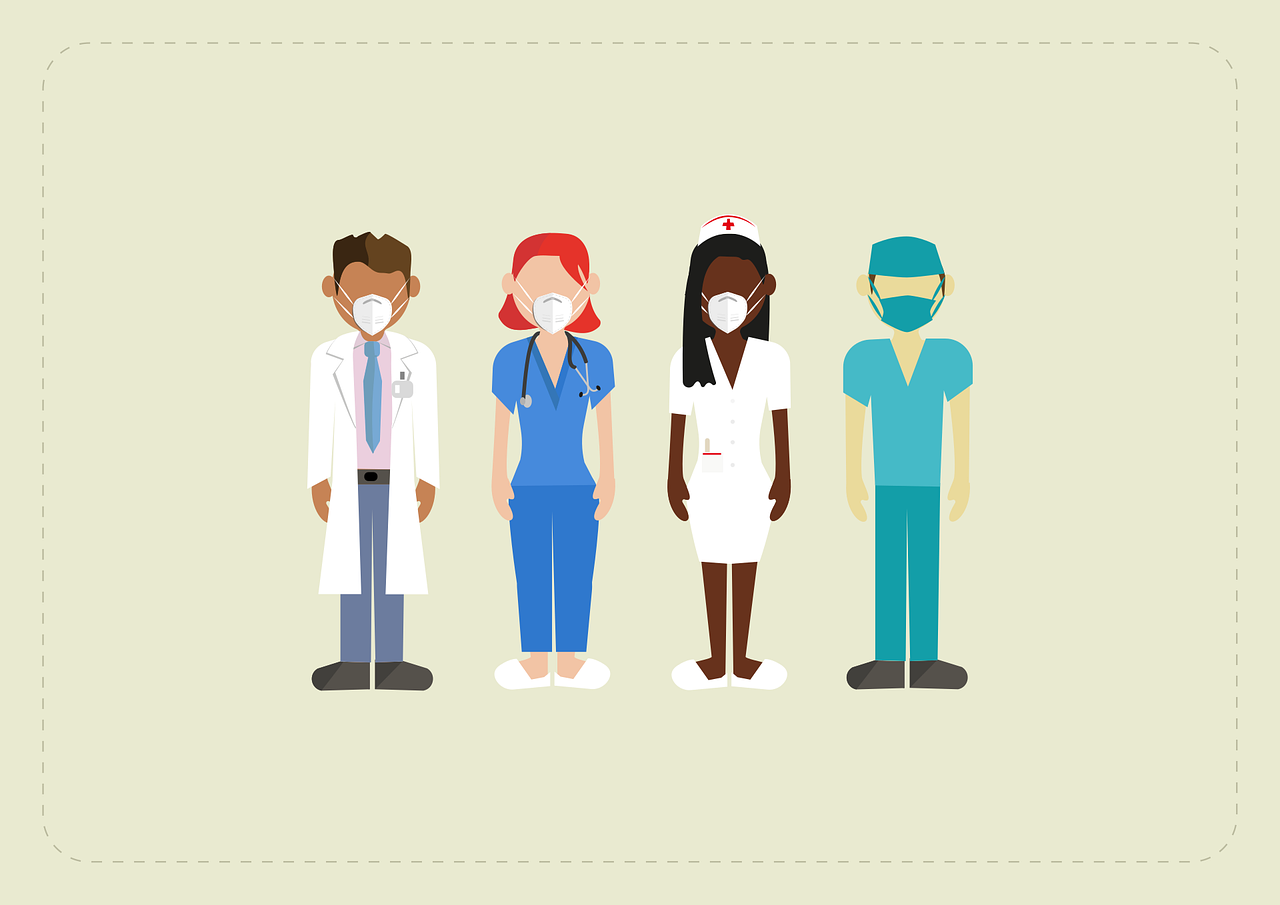Nurses are one of the frontline professionals that took the fight against the COVID-19 pandemic head-on alongside doctors, scientists, and researchers.
The prestige associated with nursing is indeed well deserved as RNs (registered nurses) never hesitate to put the well-being of their patients over their own. However, considering the new trends in the healthcare domain, nurses need to upgrade their skills to make themselves more effective, relevant, and successful.
For that, healthcare professionals need to continue their pursuit of education to keep up with the latest trends in the sector.
When deciding if further education is the right path for you, consider the top 6 reasons why nurses should opt for higher education. It will teach them why it is important to pursue education, as it helps them get equipped with new trends and pushes them further up the professional ladder.
So, without further ado, let us get straight to the topic.
-
You can develop advanced nursing skills
The APRN (advanced practice registered nurse) role has been adopted internationally. Now, most countries have a range of positions and practice roles under the umbrella term of an advanced practice nurse.
These roles include nurse practitioner, clinical nurse consultant, and clinical nurse specialist. These career opportunities can also be offered to you if you enroll in MSNFNP (Master of Science in Nursing – Family Nurse Practitioner) programs that give RNs a chance to prosper and grow as healthcare providers.
Moreover, in these times, recruiters are looking for more efficient and cost-effective alternatives. They want to hire individuals equipped with an advanced level degree that can make their portfolios more attractive and bring prestige to the institution.
-
You can efficiently utilize patient-care technology
All professions in the 21st century have become tech-friendly, and you have no choice but to adapt and accommodate.
Patient care technology has become increasingly complex, transforming how nursing care is conceptualized and delivered. You must take extensive training to understand and learn how to utilize the sensitive machinery introduced in the medical field.
Most nurses with advanced-level degrees are exempt from such training as they have prior experience and education; this is one of many reasons you need to opt for higher education, as you will have the necessary training to use the latest tech but can also avoid getting too many certifications.
Moreover, with new technology, the medical industry has taken off as it improves accessibility and decreases the chances of human error.
-
You can substantially increase your earnings
Even though people pursue their masters to fine-tune their skills and become specialized, you can simply not ignore the fact that those additional skills help you get an increased paycheck.
Of course, if you bring something special to an institution, they are obliged to pay you your efforts worth of money. Hence, your main goal should be to learn a skill that has a potential demand in the market but is not met with significant supply. However, with the status of a high position in an institution, you will also be expected to work under high pressures and responsibilities.
Therefore, always keep your goals in line with the need for self-care and balance to avoid drowning under an unanticipated workload.
-
You can increase awareness of community health
Nurses have the responsibility to guide and educate the public about health-related topics.
Maintaining community health is an important part of the nursing profession, as nurses can inspire people to become healthier by educating them about certain diseases and how to prevent them.
Alongside creating awareness about physical health, the nurses can also educate people about mental health and why they need to go to rehab centers if needed. This all can be done if the nurse has undergone proper education.
The more self-aware and educated a nurse is, the better they will be able to provide awareness among the public regarding healthcare.
-
You can broaden your competency
This may sound cliché, but for a nurse, hands-on learning is the one thing that provides an experience like nothing else, and higher education exactly does that with the latest technology.
With the help of VR (virtual reality) and AR (augmented reality), nursing professionals and aspirants are allowed to experiment and learn through realistic scenarios. Moreover, a nurse can learn skills like detail orientation, problem-solving, and expert communication with further education. All of which are vital in providing patient care.
You can also maintain competency through engaging with professional organizations, networks, webinars, CNE modules, and certification. Hence, try to build your portfolio with these different sources of knowledge and prosper in medical care alongside getting a degree.
-
You can have a potential impact on health-related policies
Through policy work, nurses can influence health policies. You may decide to join a council or a committee to help enforce the best practice change.
Health policies are the decisions, plans, and actions undertaken to achieve specific healthcare goals in a healthcare institution or the overall healthcare sector in the country.
Bad and ineffective policies greatly threaten the healthcare sector and providers. Nurses can force the authorities to mold or change bad policies with appropriate resources and education.
Therefore, nurses can become politically active by assuming leadership positions in the healthcare system or can elect someone who can pay heed to their problems and queries. However, for all this to be set in motion, nurses need to pursue higher studies to climb to the decision-making positions so all voices can be heard loud and clear.
Conclusion
Upskilling practice consistently promises great results and prospects. Professionals who adapt to changing situations and act appropriately are the ones that survive, and nurses are one such professional that can enhance and upgrade their skills through higher education.
Moreover, the expansion of medical technology, better patient care, and the specialization of services have all contributed to the need for more knowledgeable and competent nurses.
Hence, it just boils down to how passionate you are about your career and how much you want to excel in it, and I am sure if any of the reasons listed above resonated with you, then you would opt for higher studies and pave your way to success.



